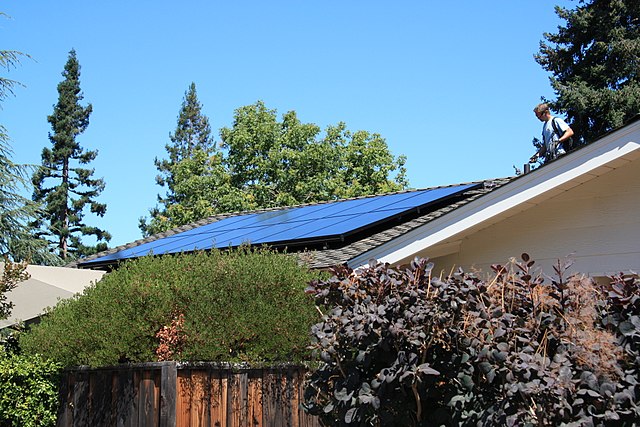Rilsan® polyamide 11 is totally separated bio-based and derived from renewable castor seeds. Furthermore, a sizable part of low carbon and renewable energy, including electricity and combustible fuels, is used in the production of the amino 11 monomer and the downstream polymers. Thus, Arkema recently established a biomethane supply arrangement with ENGIE in France and over the last year, made various improvements to energy efficiency at its polyamide 11 chain production facilities.
According to Erwoan Pezron, Senior Vice President of Arkema's High Performance Polymers, this is a crucial step for our clients and the markets we service. The smaller carbon footprint we are announcing today pertains to all of our production, not simply a certain location or a specific set of grades. This enables our customers to scale up the development of more sustainable products and to fulfill their goal to decarbonize. A comprehensive action plan is also in place to progressively decarbonize this range, with a 2030 aim of a 50% reduction in carbon footprint. Our goal is to keep providing our clients with high-performance materials that have one of the lowest carbon footprints available.

